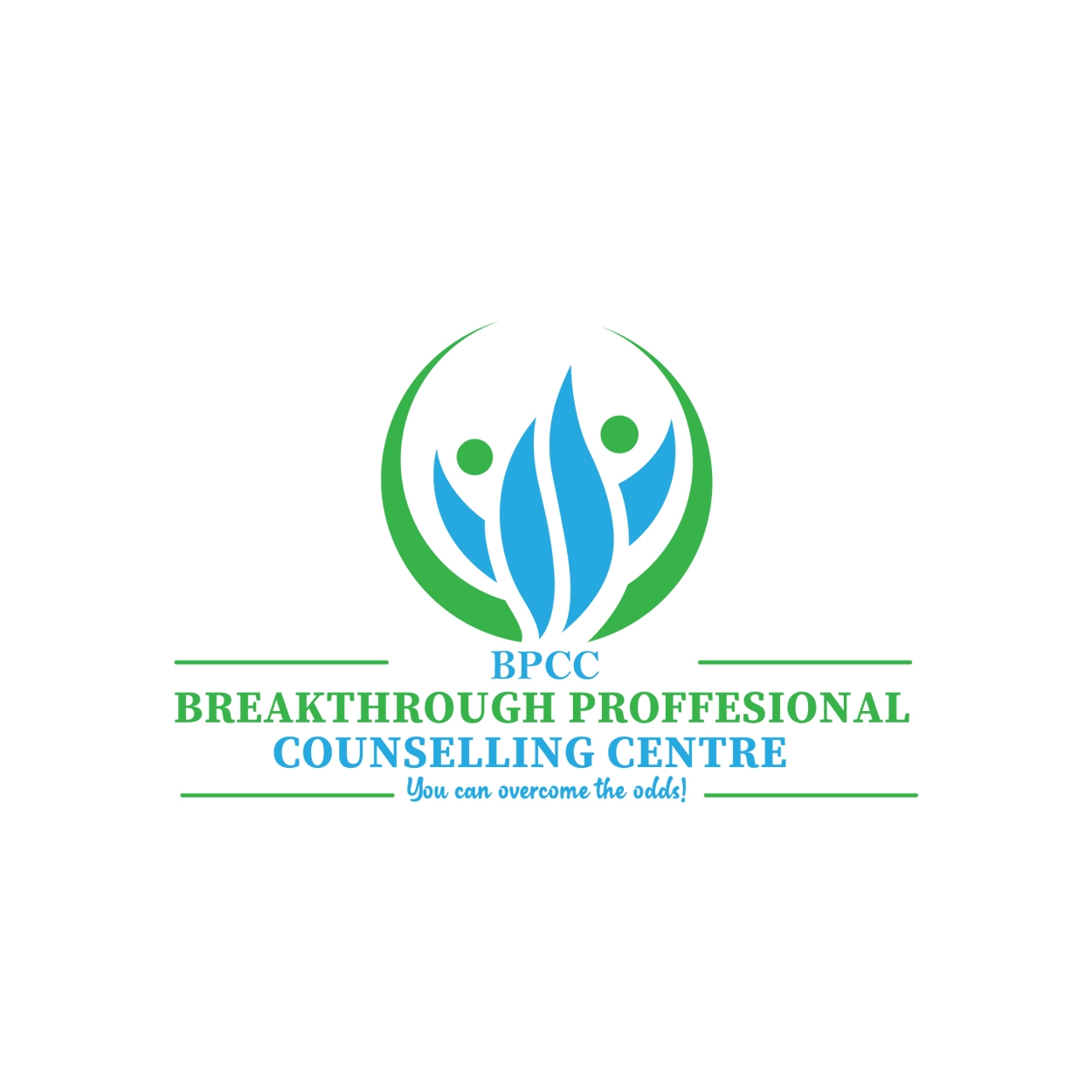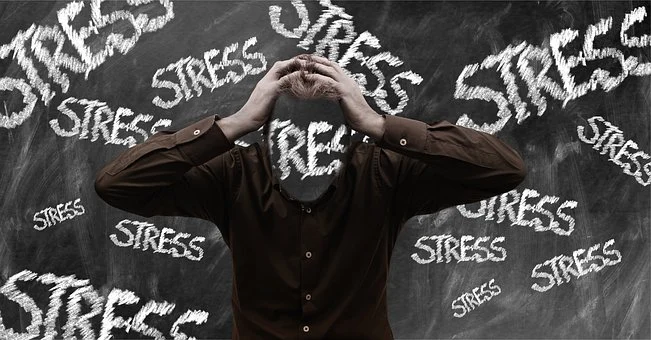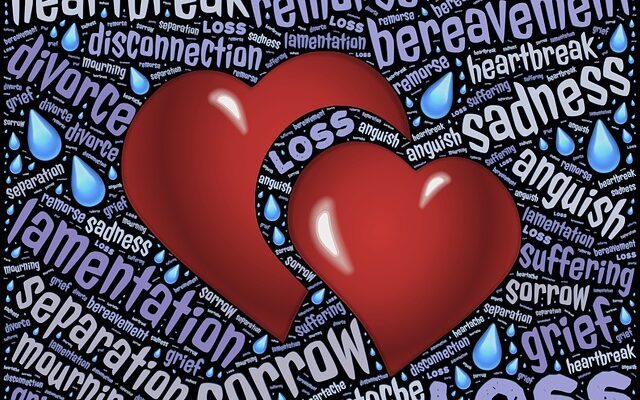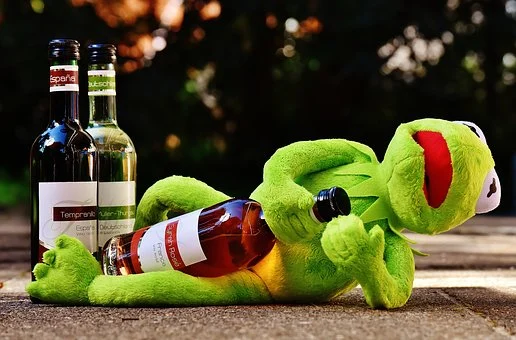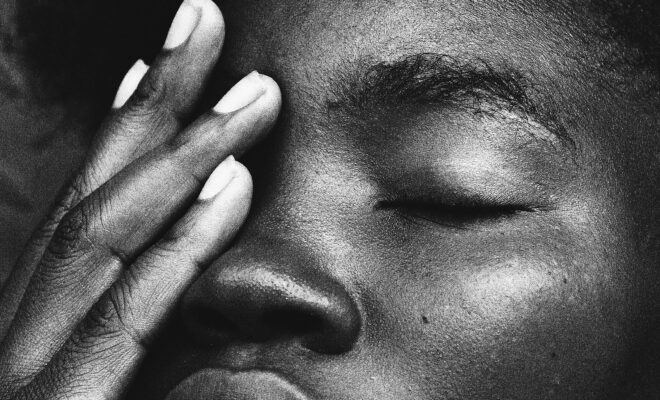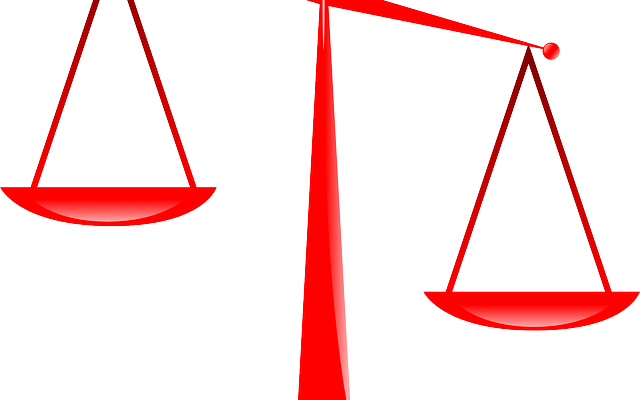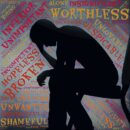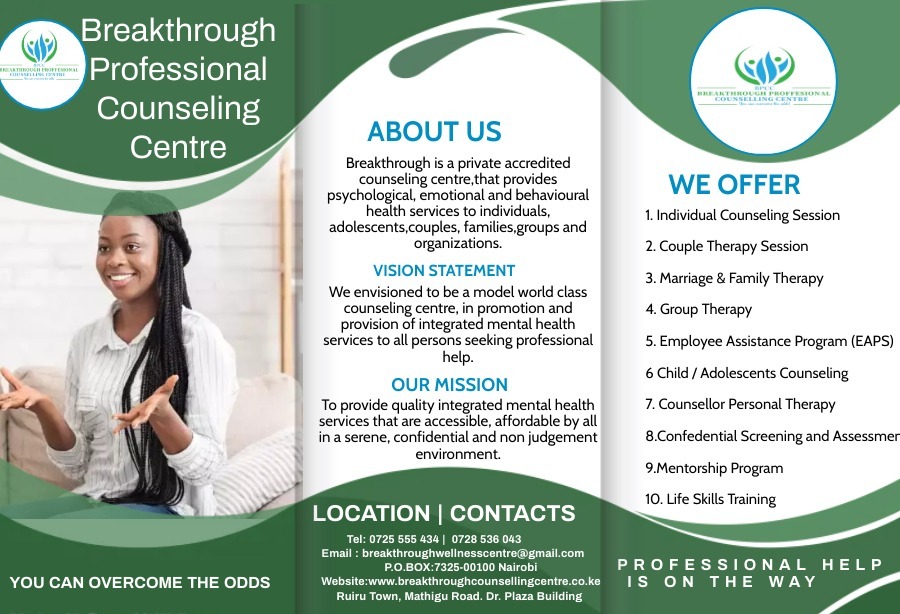Caffeine Addiction

Love Coffee Date? Did you know that some of the foods and energy drinks that you could be consuming while on a date contain a high amount of caffeine content that can lead to caffeine addiction/dependence?
Take a minute and read this article to know whether you could be dependent on CAFFEINE and also what it does to your body.
Everyone likes going out once in a while, first to spend some quality time with family and friends. Secondly, to interact and meet new people a blind date etc. and thirdly unwind, from the busy schedules of the week.
This is viewed and again considered as normal acceptable behaviour in many cultures and different personalities or rather people of all walks of life.
This is because we are social beings and this makes us human with an innate need to achieve a sense of belonging. Simply a good way of practising self-care and ending your weekend.
During these casual meetings, and social encounters a lot happens as you have the opportunity of getting to know each other, for instance catching up with old friends in an undisclosed location, a specific joint of your choice if you may in an ideal coffee shop in town.
This is what the majority of people do on weekends and holidays. what’s more, the experience can be enjoyable and isn’t it?
Just before we continue with this, when was the last time you consumed a beverage/drink that contains caffeine? Today, yesterday, daily, just now, what do you imagine motivates you to continue taking caffeinated foodstuff? 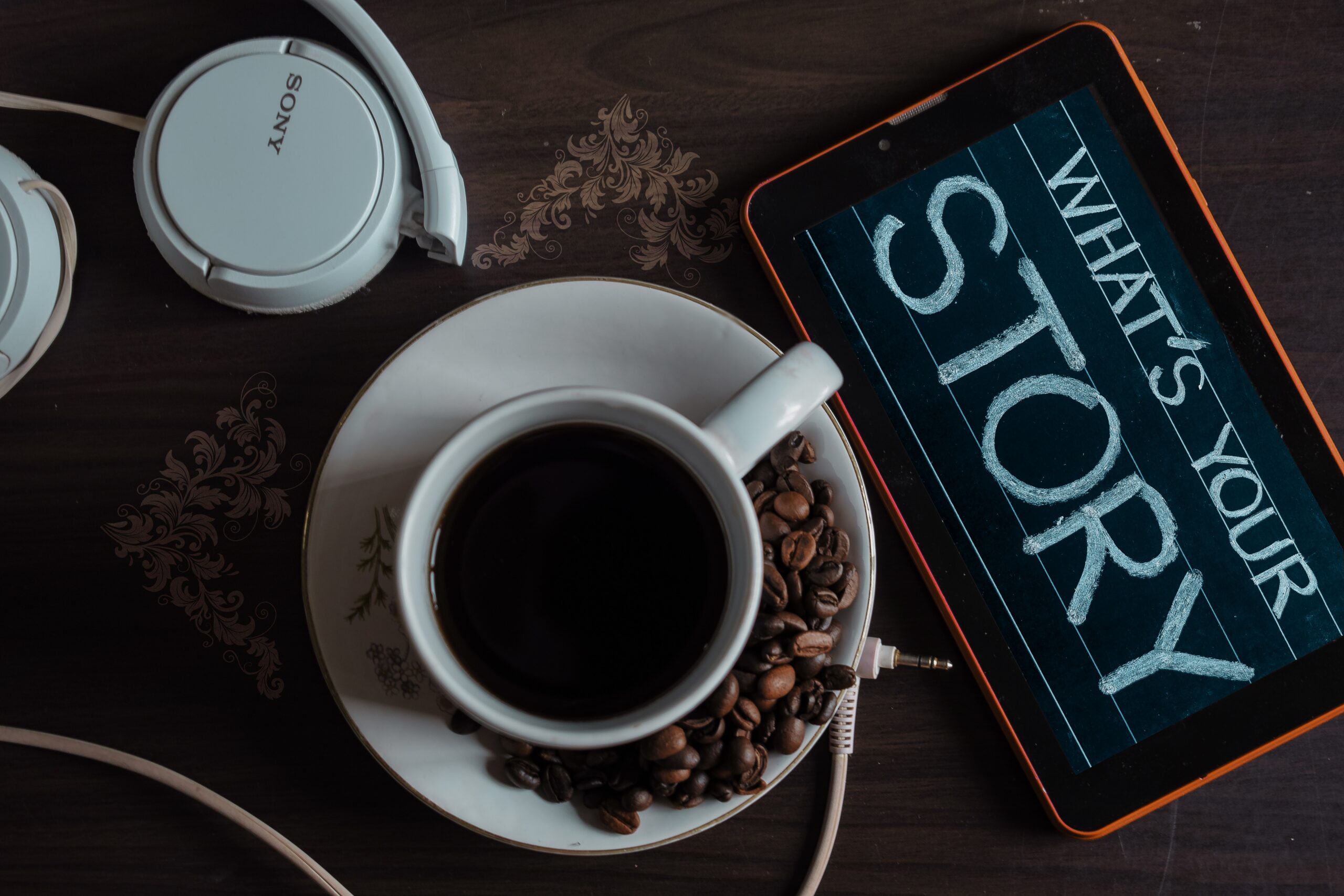
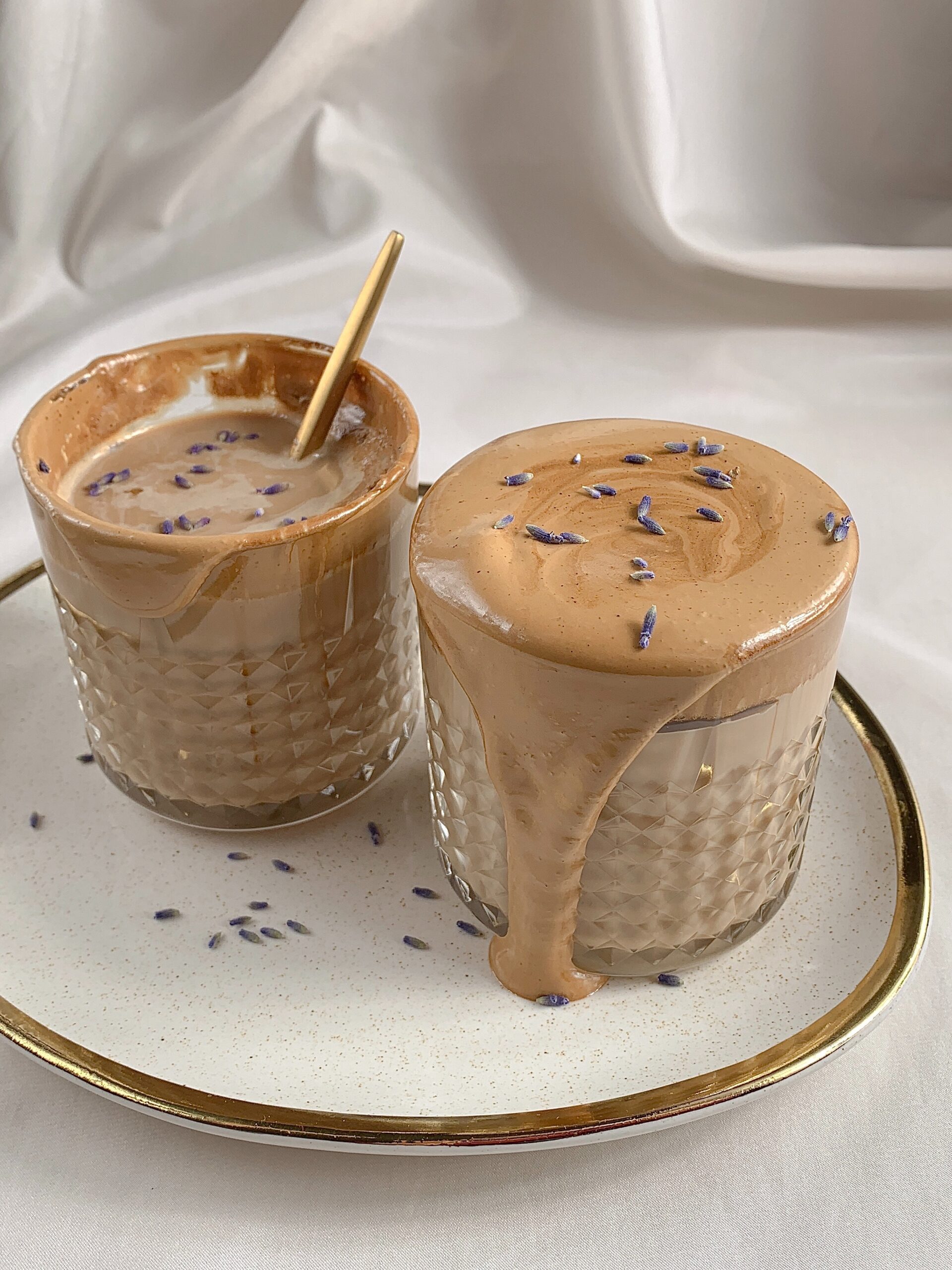
If you’re fond of taking coffee like me, then you know the thrill and the high feeling that it gives you as a result of the ” High levels/dosage of dopamine released” that you get in return.
Rarely would I go for a day without taking coffee, it keeps me going throughout the day. There were times I could crave euphoria and recall that cup of coffee on a blind date, weekend or just chilling out with buddies.
At this point, let’s switch gears a bit, I will come back to my story again. Now remember that time when you were feeling low, meeting a friend in town, what did you do? Most likely you’re ordered a cup of warm tea, coffee, a glass of soda or an energy drink.
First thing first going back to the first experience when you took a beverage containing caffeine for the first time how was it for you? Secondly, you either loved or didn’t like the taste and experience at all the taste and feel.
If you liked the taste, feeling and experience this prompted you to try again and continued using caffeine to date
Back to my short story again, growing up my aunt used to complain of headaches every time she would miss her favourite cup of tea “Chai ya Majani”.No one in our entire family ever imagined or saw it as a problem until the situation got out of hand.
This happened when started experiencing withdrawal symptoms such as irritability, and flu-like symptoms and then, her amounts of strong tea “CHAI” if you like she consumed large amounts in a day went up significantly, everyone blamed it on lack of insight and sheer denial.
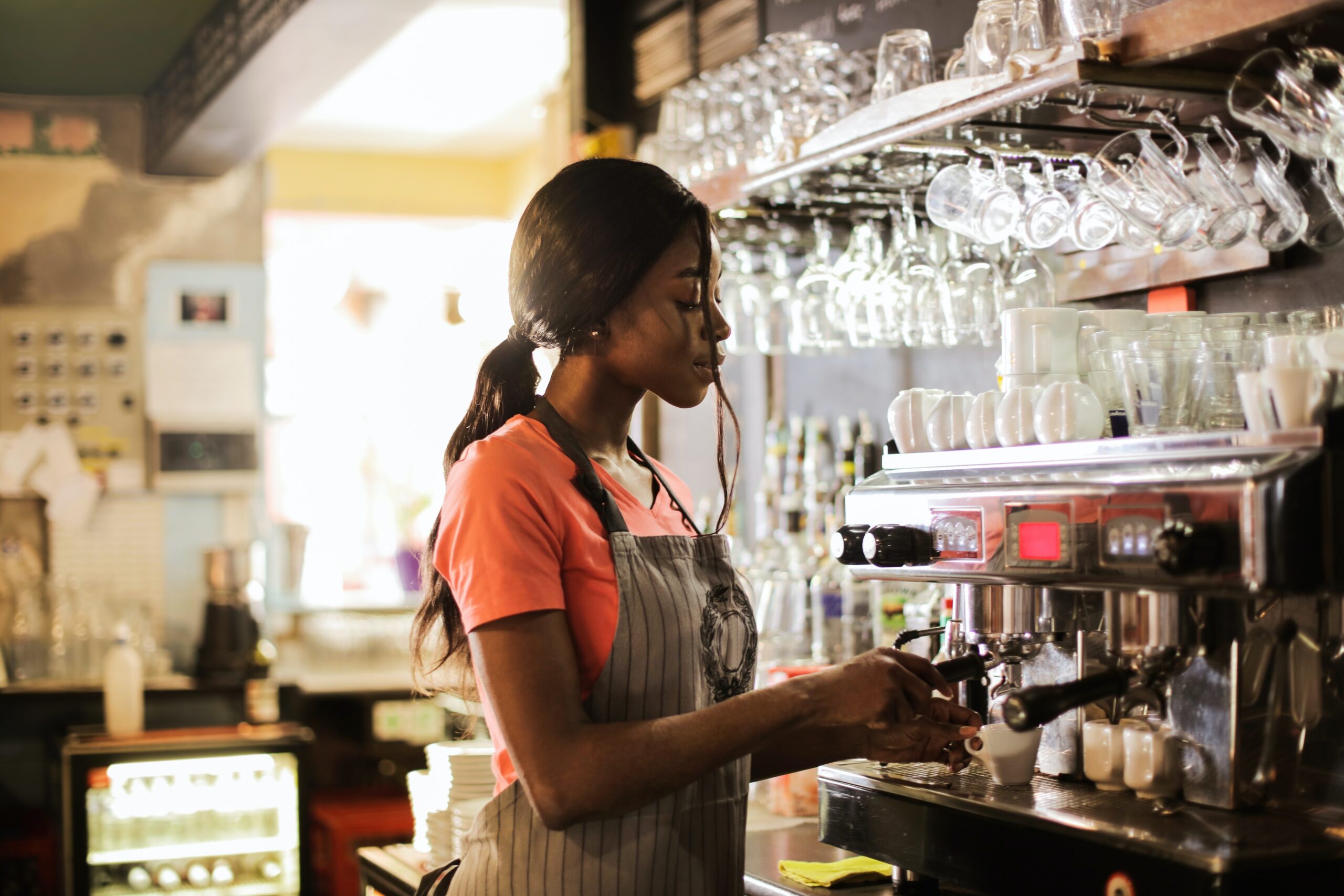
You see this beverage can be a source of energy, motivation, and focus and sparks fun conversation as you sip your glass of (Kahawa Chungu), especially in chilly weather.
Think about this, what drives this urge or rather this insatiable desire to continue using caffeine or makes you enjoy it that much? Here is the thing, the power of Caffeine on you.
If you are wondering reading this article and wondering what is this caffeine? Let’s start by defining it
Caffeine is a natural stimulant or rather an active ingredient found in food products such as coffee, tea, chocolate soda just to mention a few that you and I consume once or daily.
Interesting facts, coffee followed by tea and soda are the most commonly consumed beverages worldwide by people of different walks of life for various reasons ranging from nutrition and recreation etc.
Well, coffee just like any other foodstuff such as tea, soda, chocolate, and energy drinks are usually served in household, hotels, and many other social gatherings.
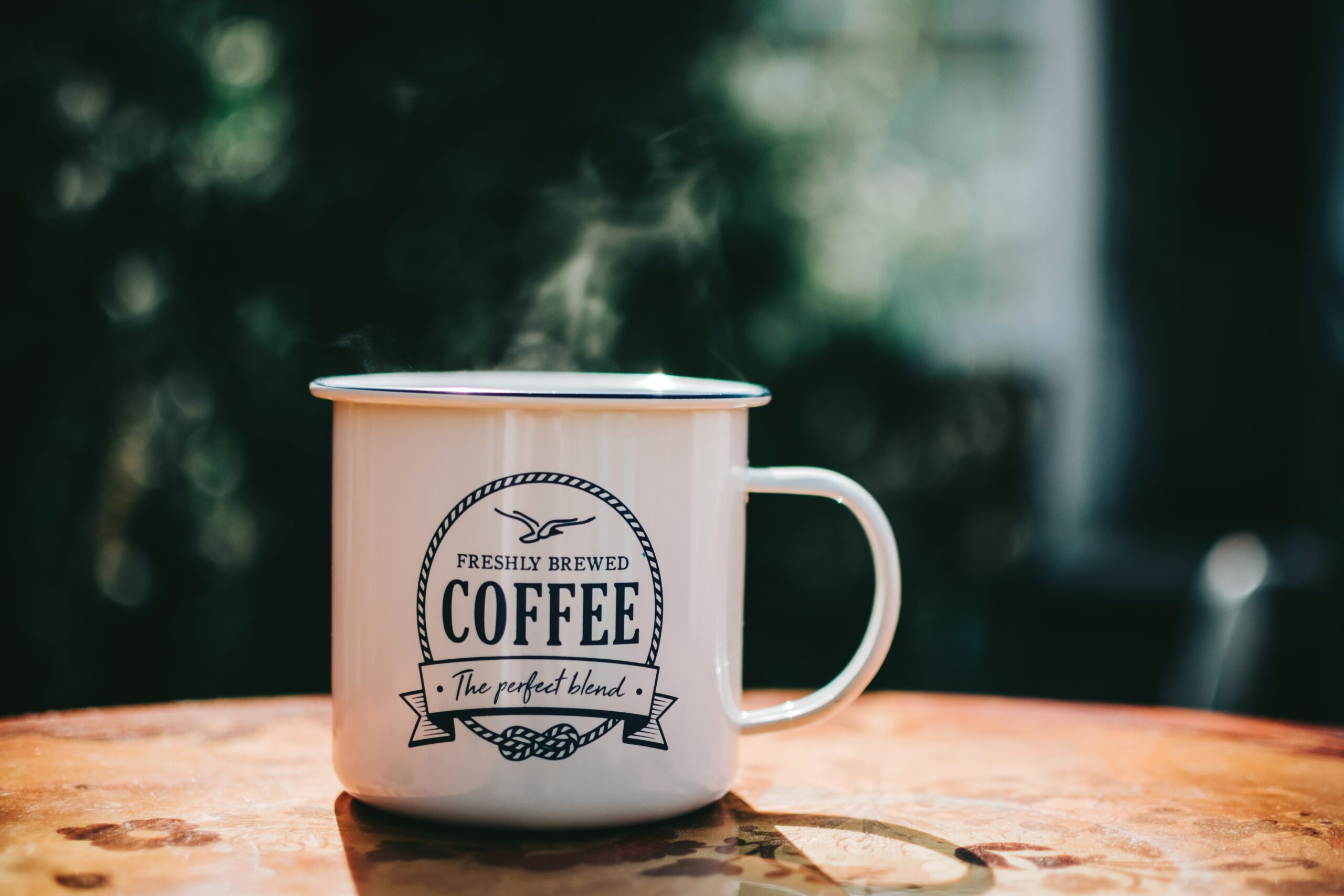
Caffeine is a food substance and psychoactive drug that stimulates your central nervous system. In other words. Caffeine is a mind and mood-altering substance.
When it is absorbed into your bloodstream it is transferred to the brain and interacts with neurotransmitters to produce Adenosine which which can keep you awake for long hours and alert important to note these are the same effects as Khat/Miraa chewing.
What are the benefits of Caffeine?
Below are some of the health benefits of consuming caffeine but not limited to

- Nutritional Value
- Reliefs headache
- Coffee gives you energy
- Provide antioxidant effects which help the body deals with stress.
- Helps to improve metabolism and physical performance
- Boosts your mood by helping your brain produce considerable amounts of feel-good chemicals
- Increased metabolism and fat burning
- Caffeine consumption increases alertness, cognitive function and concentration
- Longevity- prolongs life
What are other benefits of consuming caffeine that you may be knowing, we would appreciate learning from you as well. You can share your thoughts in the comment section
Is caffeine addictive?
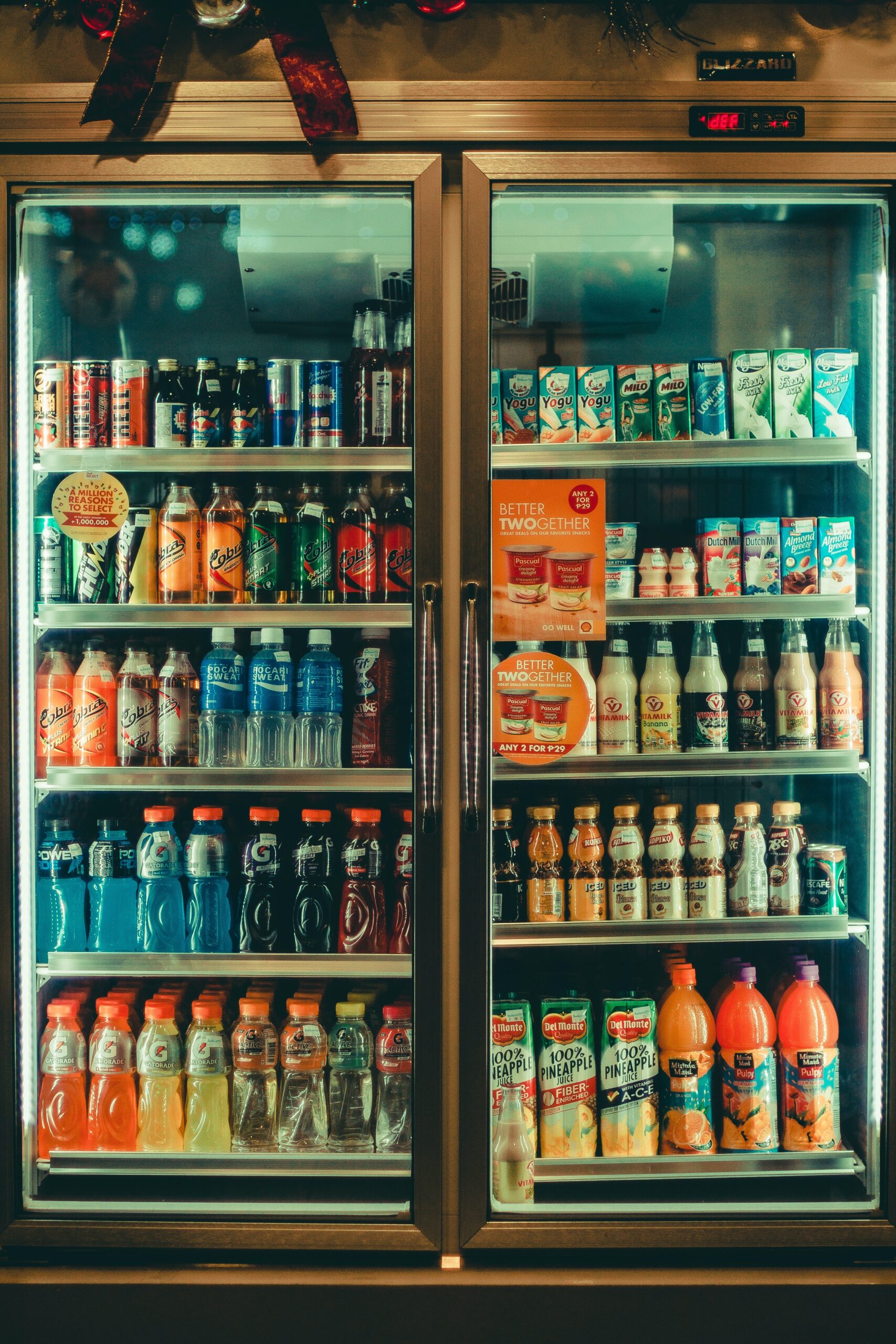
Sustained caffeine use could be habit-forming just like any other drug/ substance over time your body adapts to its effects and you will need to consume larger amounts of this beverage to achieve the desired effect.
Note: As a matter of fact, the drug affects our bodies differently depending on several factors for example history of drug use, genetics, pre-existing medical conditions, and reasons for use among others.
In addition, caffeine has the potential to alter and affects the brain reward pathway which changes the neurotransmitters leading to dependence. 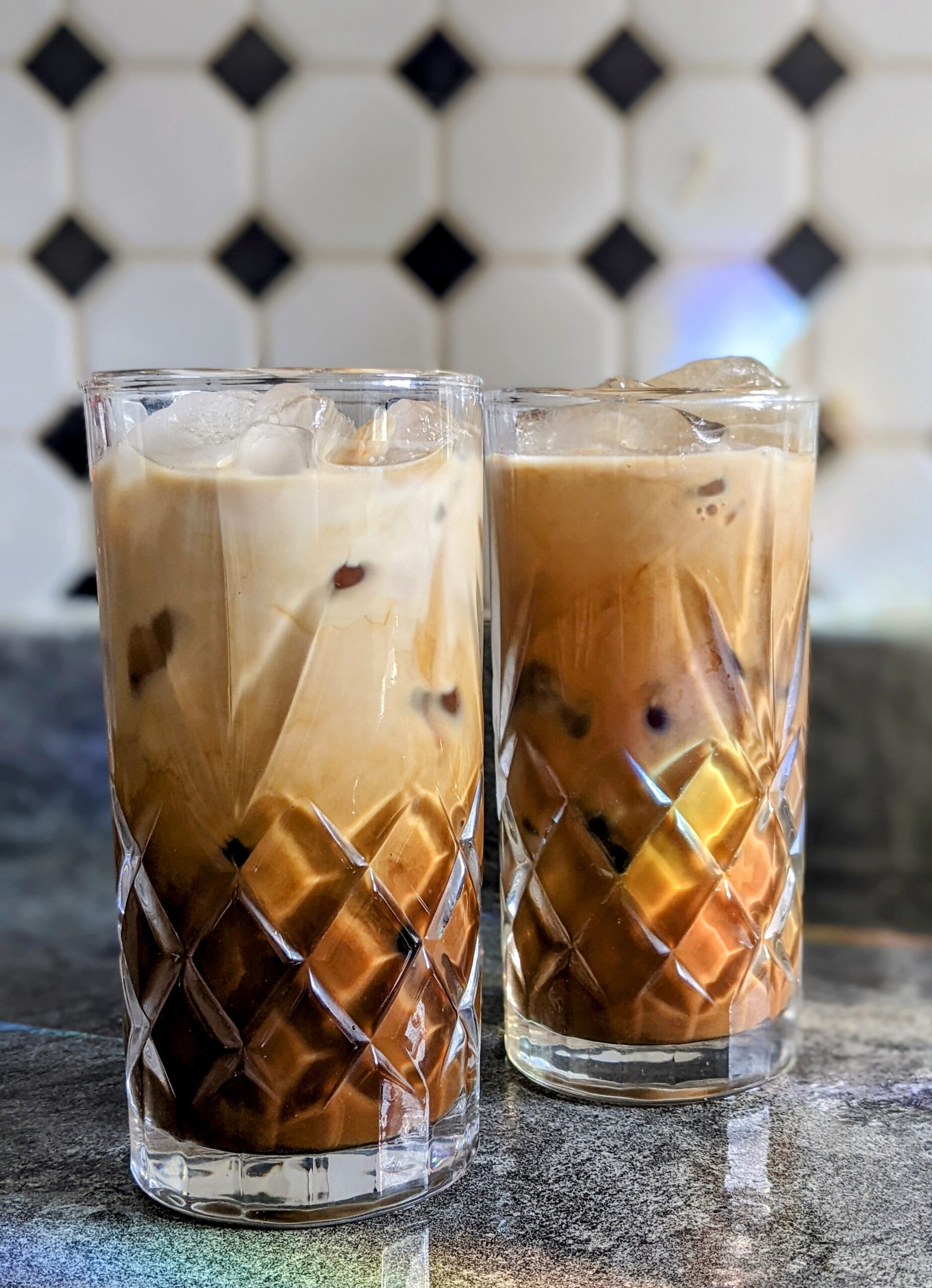
So what makes Caffeine addictive?
It is a psychoactive drug that builds one’s tolerance over time i.e. rapidly marks an increased need to use to achieve the desired effect. This simply means you have started developing tolerance, at this point, your body has already gotten the ability to consume more of it.
Note: if you stop consuming caffeine-related beverages and products abruptly, you may notice changes in your sleep patterns, mood and concentration.
Furthermore, the habits leave you with psychological, emotional, and physical effects that reinforce the excessive consumption behaviours to either relieve the above-mentioned withdrawal symptoms or to manipulate your feelings.
Self Diagnosis Test
- Do you usually feel that you need to use caffeine to be motivated /increases your alertness and
activeness during the day? - Have you increased your caffeine intake or rather build a tolerance to caffeine use needing to use more to achieve the desired effect?
- Do you feel angry when someone asks about your current pattern of use?
- Has a friend/ relative complained about your caffeine use?
- Do you feel angry when someone asks about your current pattern of use?
- Have you tried to cut down on caffeine but failed?
Based on your response, if you answered yes to two or more of the above. There’s a problem with the current pattern of caffeine use that you may need professional help for further screening and assessment.
Symptoms of Caffeine Withdrawal
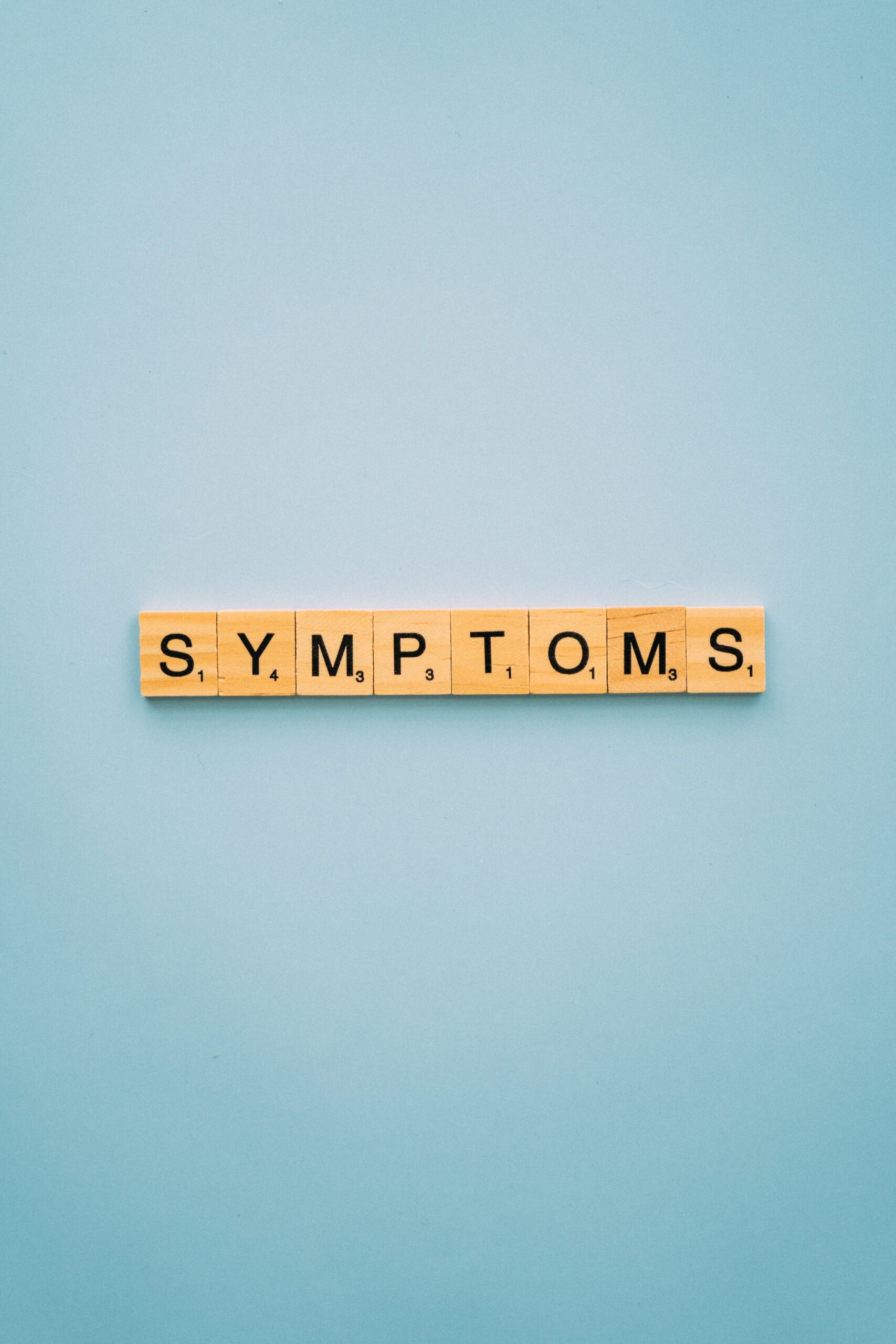
According to Healthline, here are some of the notable symptoms you are more likely to experience when you suddenly stop taking caffeine:
- Sleep disturbances, nightmares and hallucinations
- Headache/Migraines
- Depressive mood
- Mental confusion
- Irritability
- Nausea
- Restlessness and shakiness
- Anxiety
- Difficulty concentrating
- Fatigue/decreased energy
- Gastrointestinal problems
- High blood pressure
- Flu-like symptom
- Muscle Pain
What to do if you suspect that you /your loved one might be addicted to caffeine?
- Acceptance heals, once you acknowledge the existence of the problem you can take committed action to change
- Decaf
- Be open-minded, this journey is not going to be a walk in the park its a gradual process that requires time, patience and consistency.
- Stop procrastinating about getting help /rationalizing your Caffeine use
- Keep tabs to monitor your daily use
- Stay hydrated to avoid developing cravings that can be overwhelming
- Try to cut down on your consumption per day.
- Get professional help from an addiction specialist
- Be on the lookout, always check the label at the back of the product /favourite beverage you are buying to see what amount of caffeine it could be containing.
- If you are on medication that you suspect contains some element of caffeine/ when buying medication talk to your doctor to be advised further.
Generally, it’s normal to be ambivalent to quit using caffeine and have a defence mechanism to support current patterns of use. This is because the nature of any form of addiction is mindboggling, cunning, baffling and powerful.
What might get in your way of bringing about change in the current pattern of use or other words keep you trapped in never -the ending cycle of use is DENIAL a psychological defence which is automatic.
Not to worry about this jargon, We commit to writing an article on different types of defense mechanisms to help you understand this phenomenon better.
Finally, in conclusion, the consumption of a smaller amount of caffeine has both health benefits and negative effects on your health again recommendation here is to use this beverage in moderation.
Awareness is healing which is the core active ingredient to making that major decision that will about profound change in your life.
Next time you’re going out, for a date, taking breakfast, or even meeting a friend. What else can you consume other than caffeinated beverages to keep yourself healthy and improve your general well-being?
If you have been struggling or think you might be addicted to coffee, chocolate, soft drinks, tea, or energy drinks. Share your experience when you stop taking them abruptly we would love to hear your thought in our comments section.
Are you suspecting that you could be hooked to caffeine and wondering how to break free from this dependence? We wish to share with you that you are not alone in this, Professional help is on the way.
You can overcome the odds, your breakthrough is just ahead.
